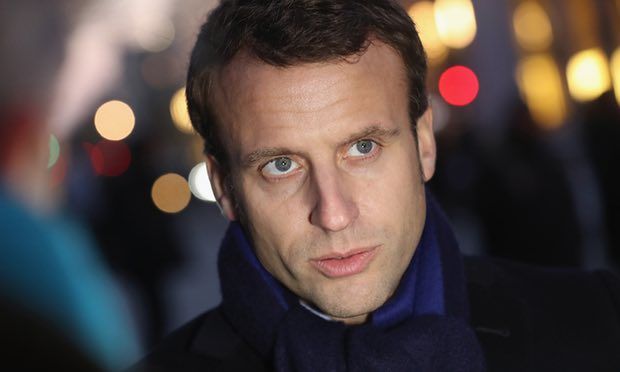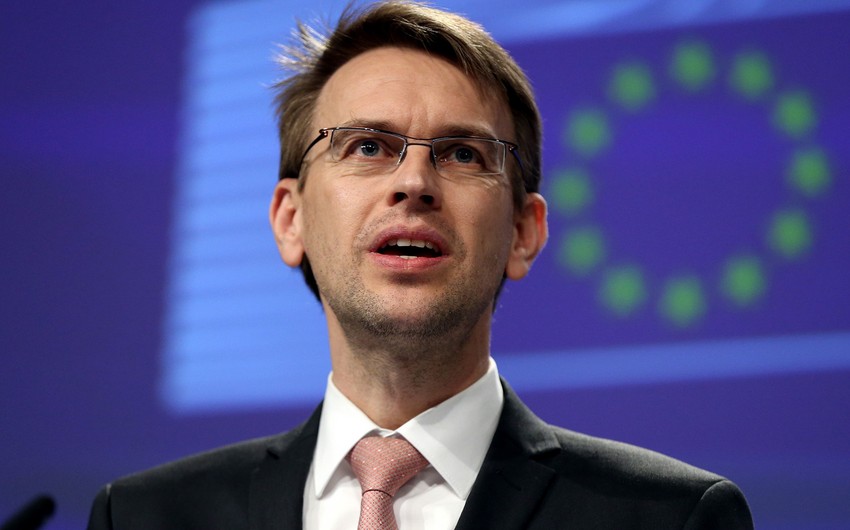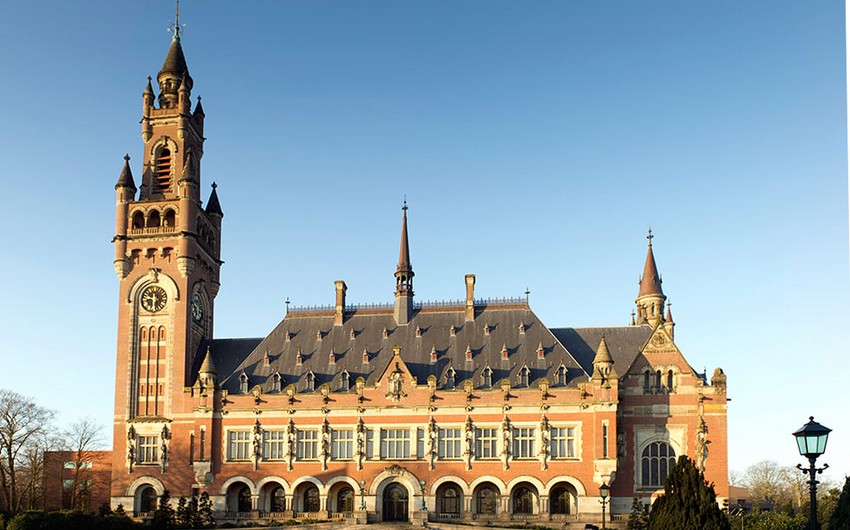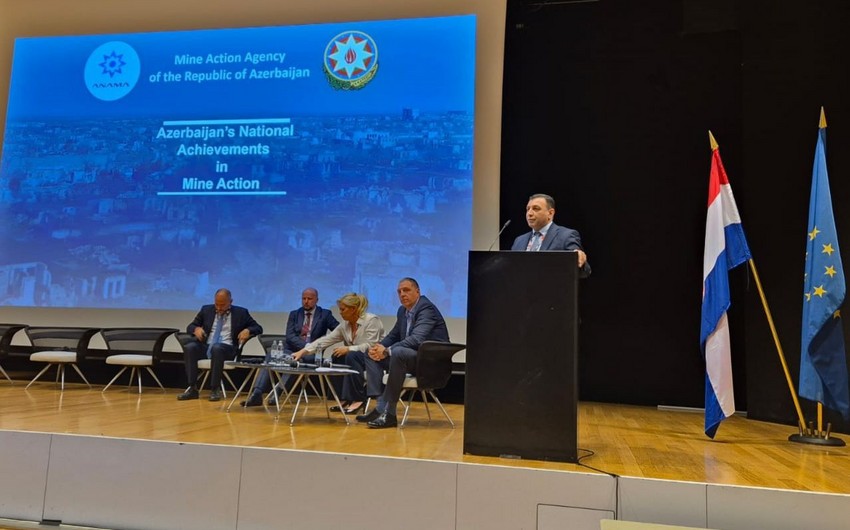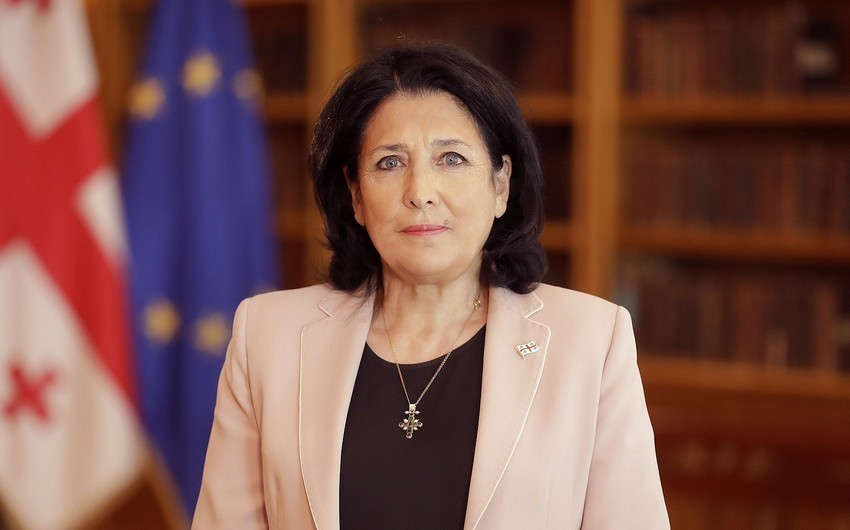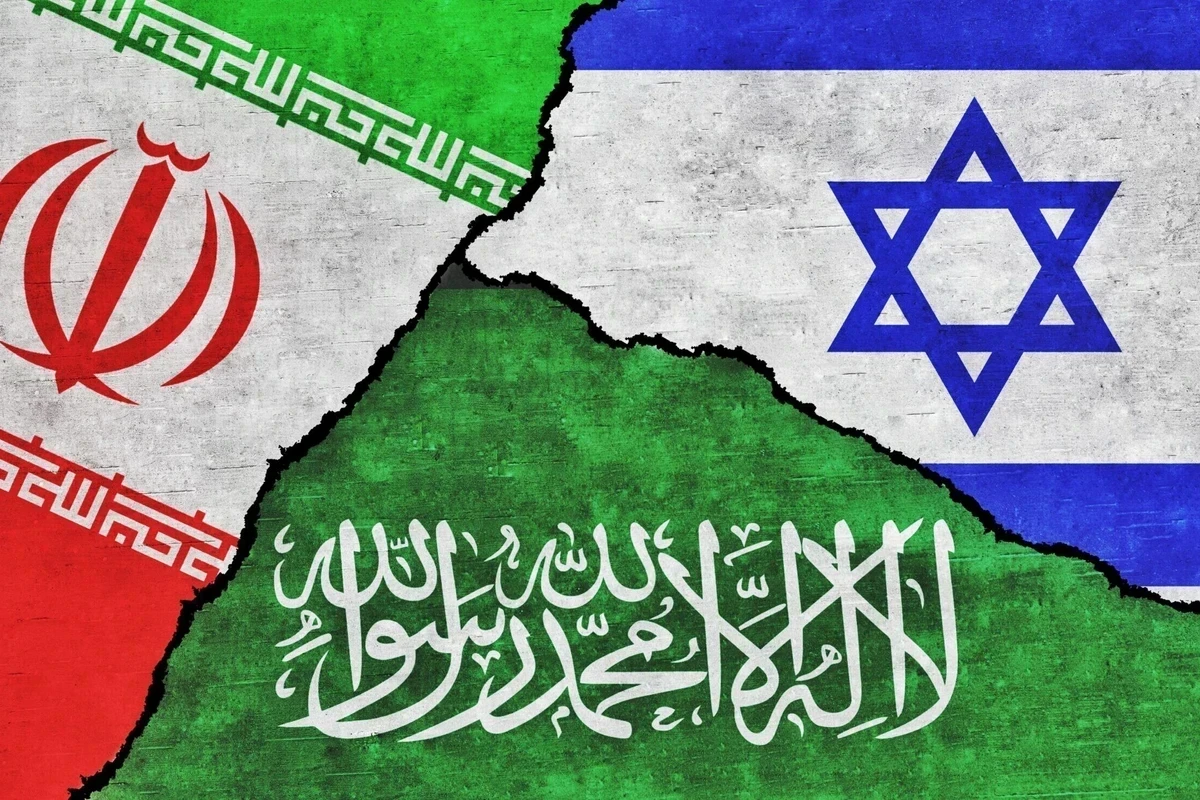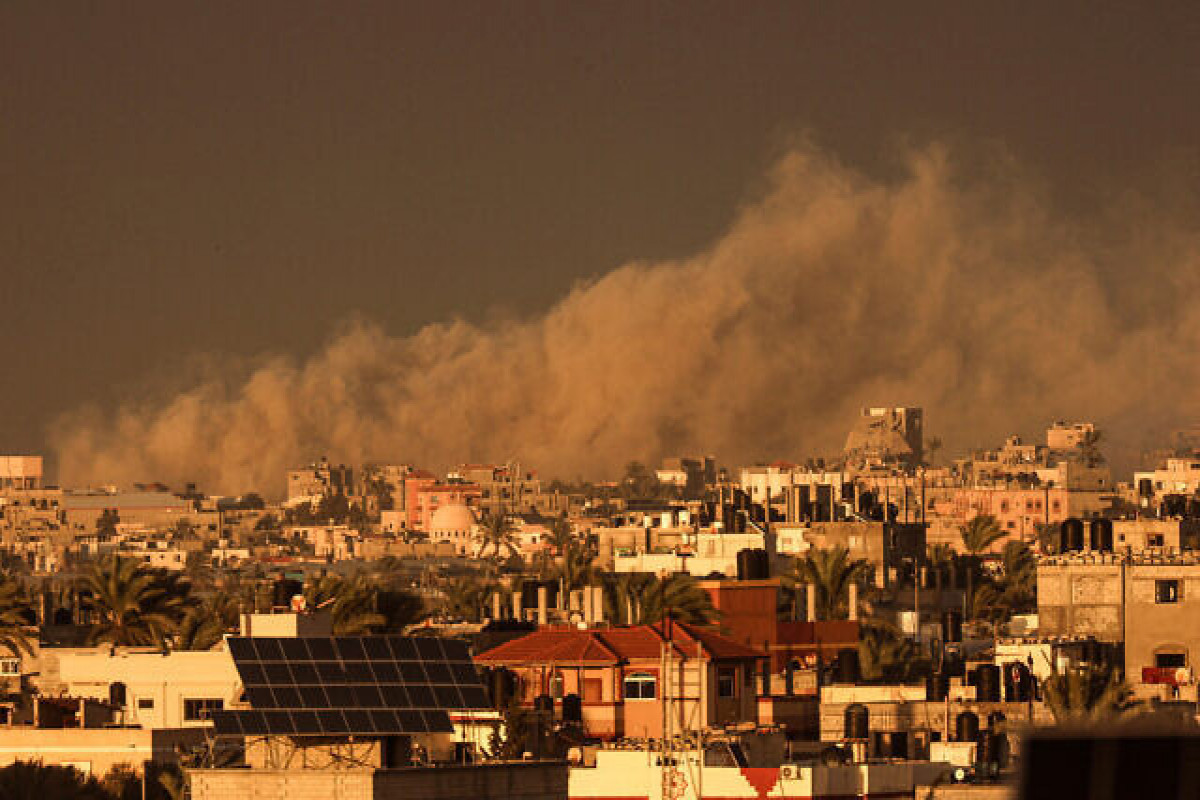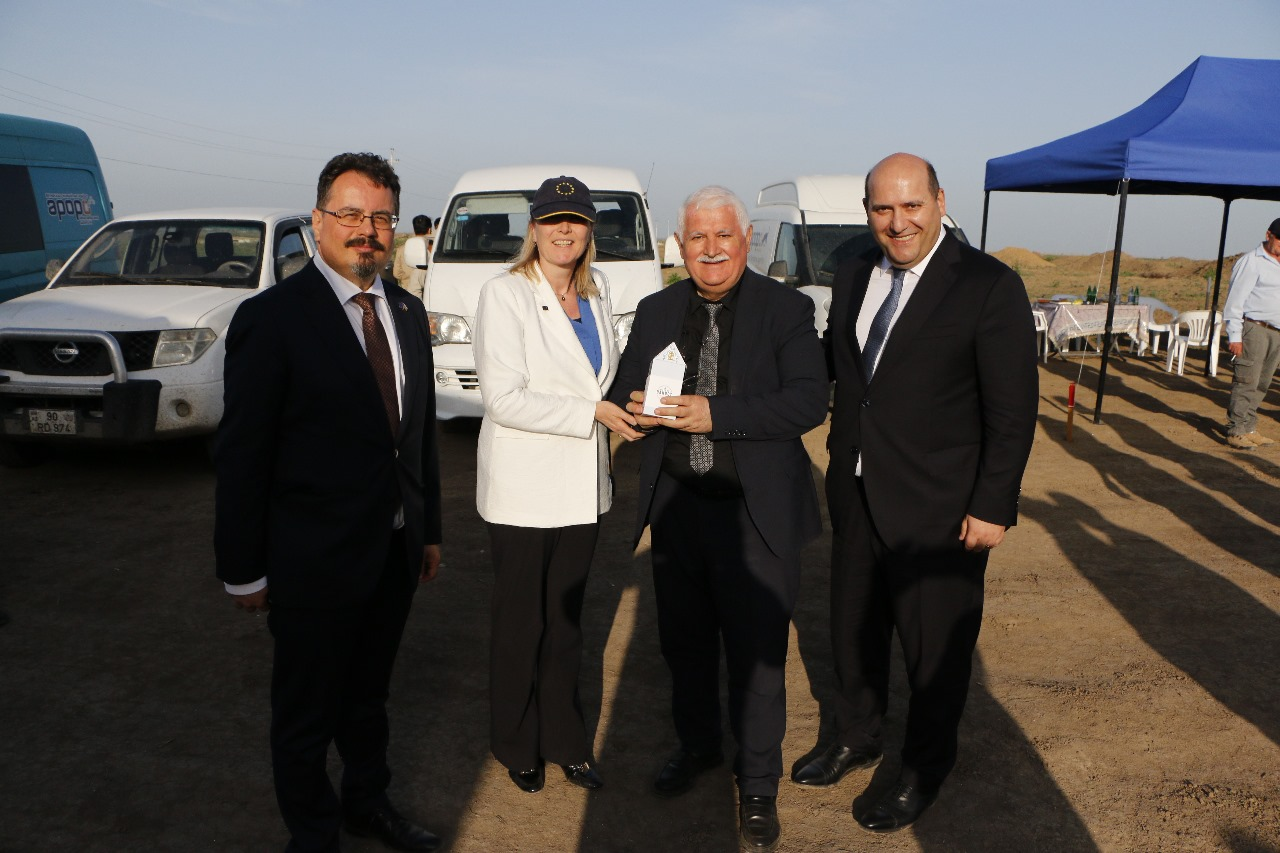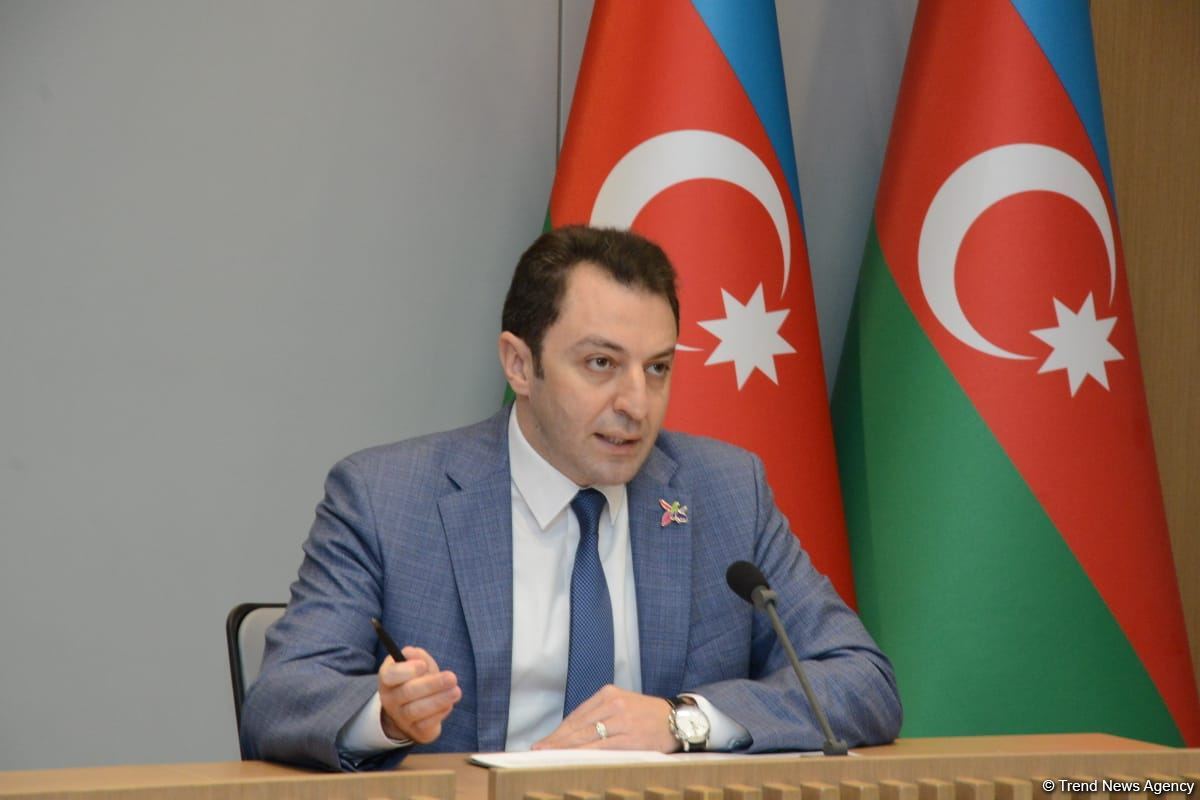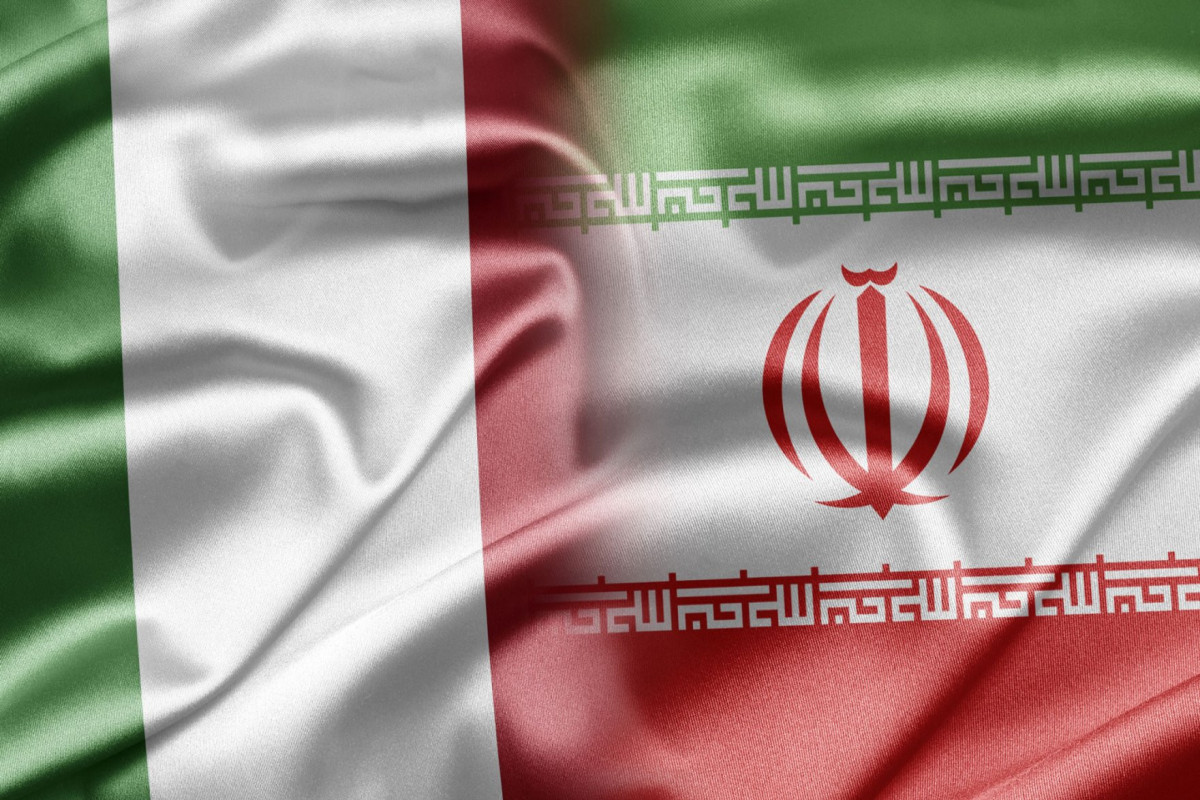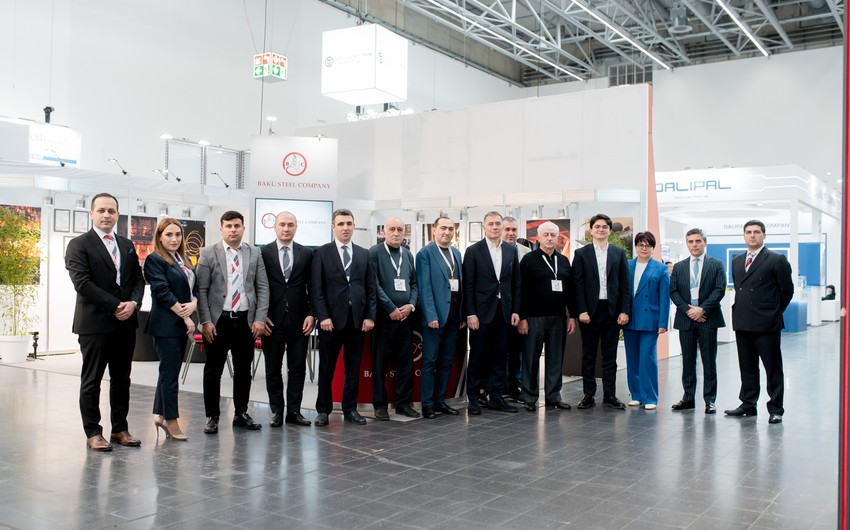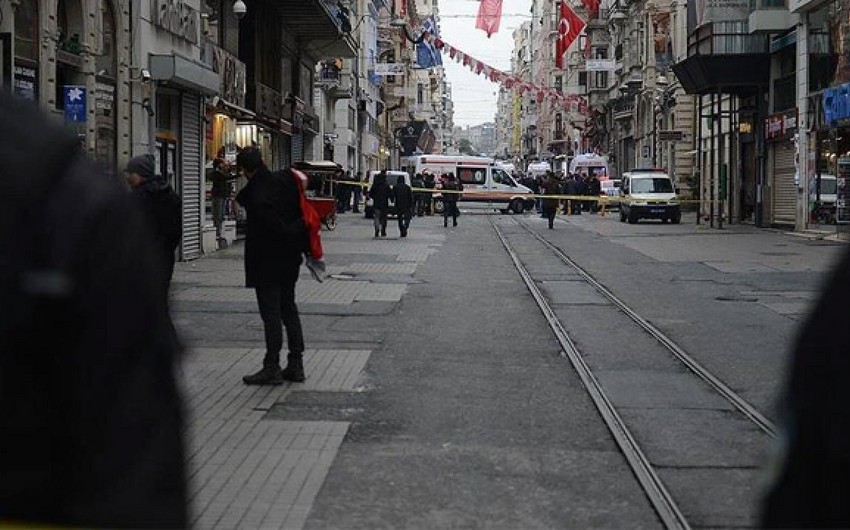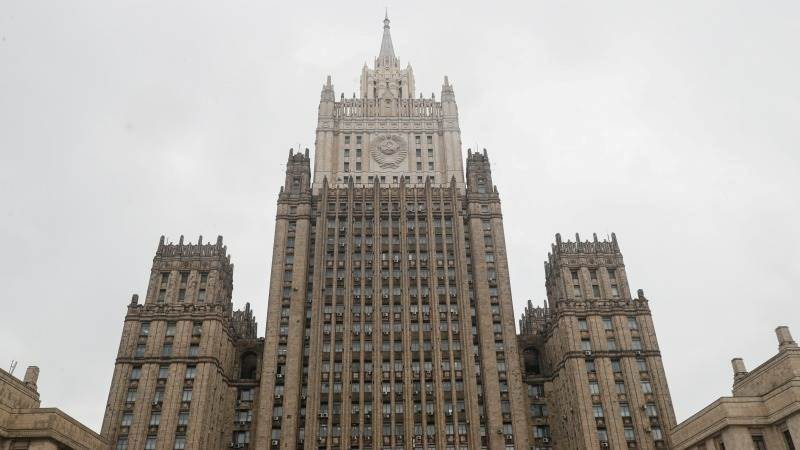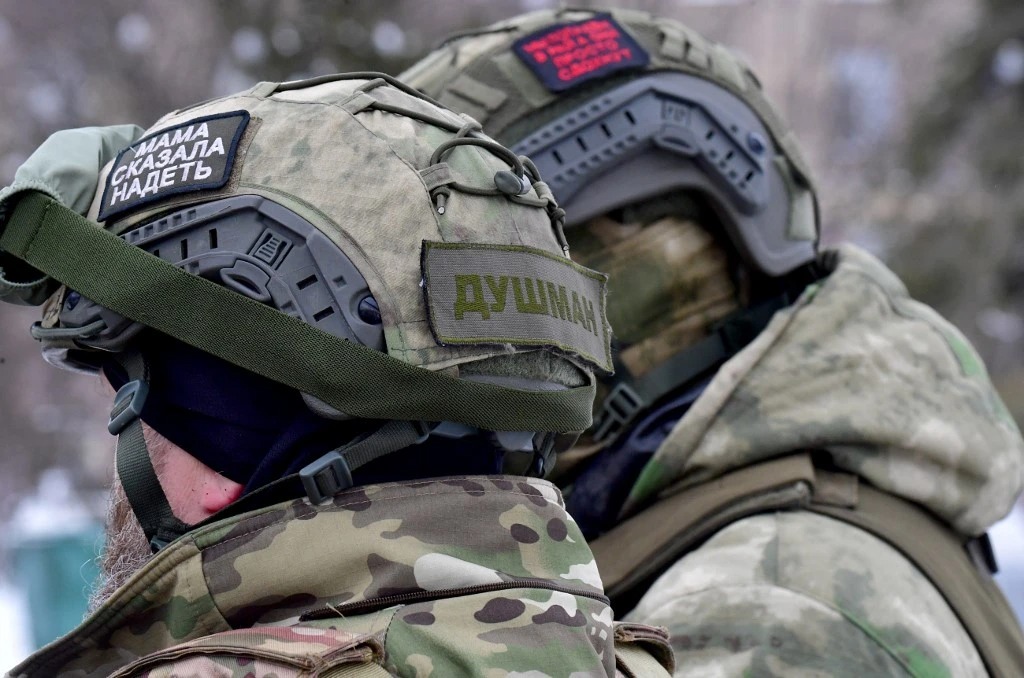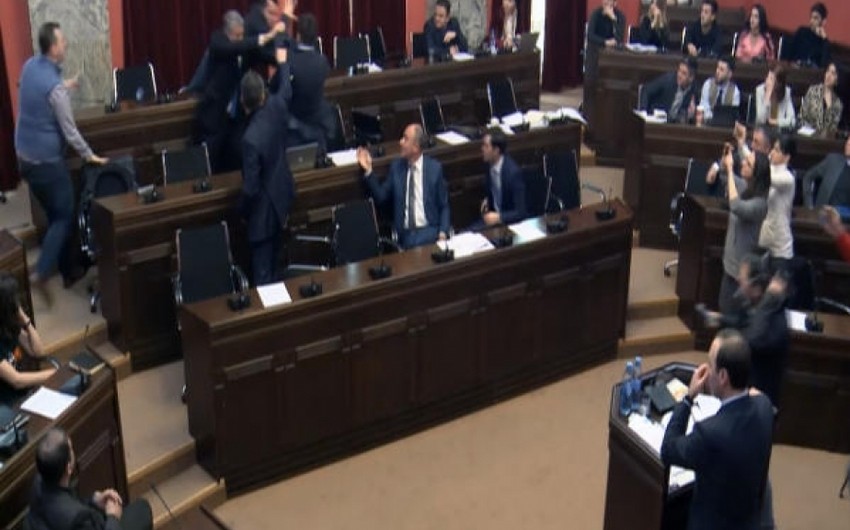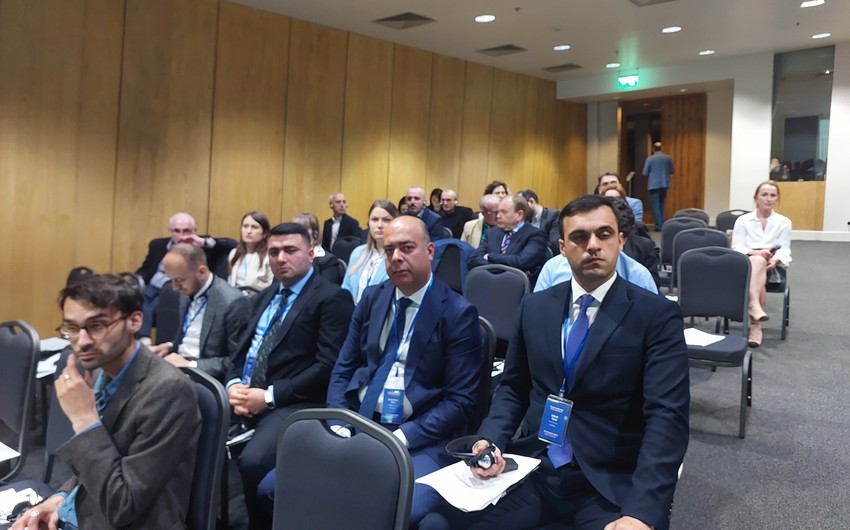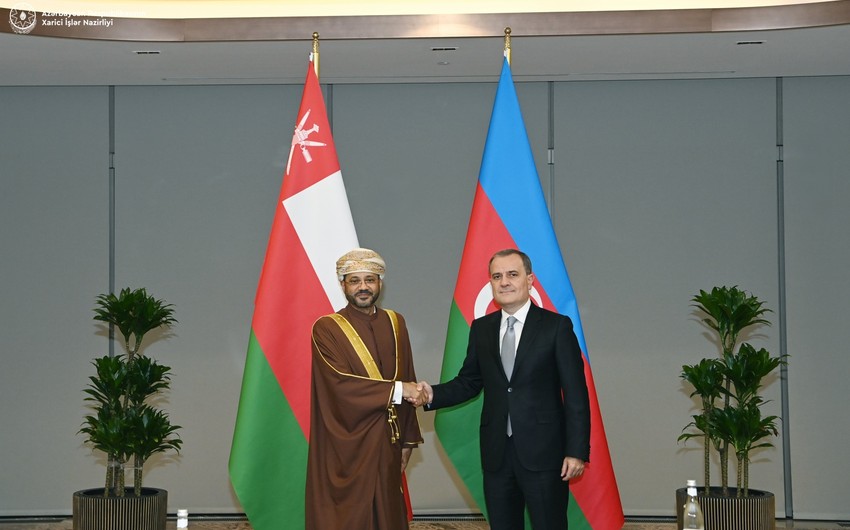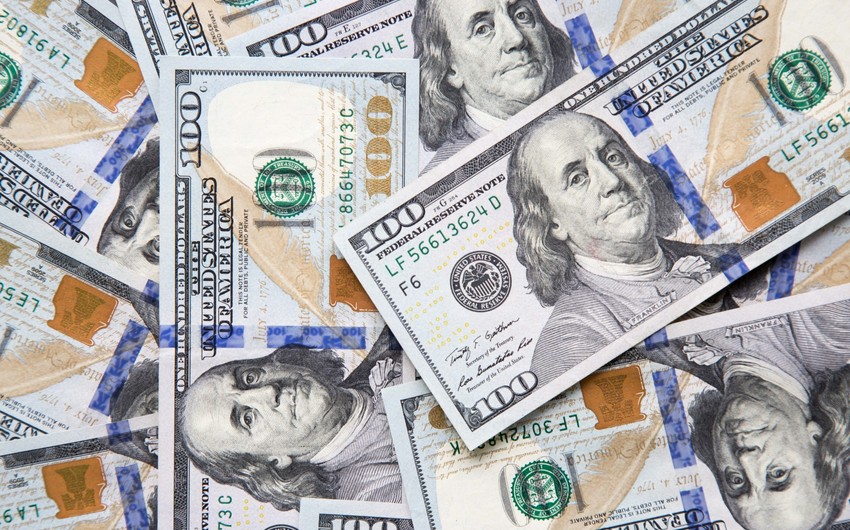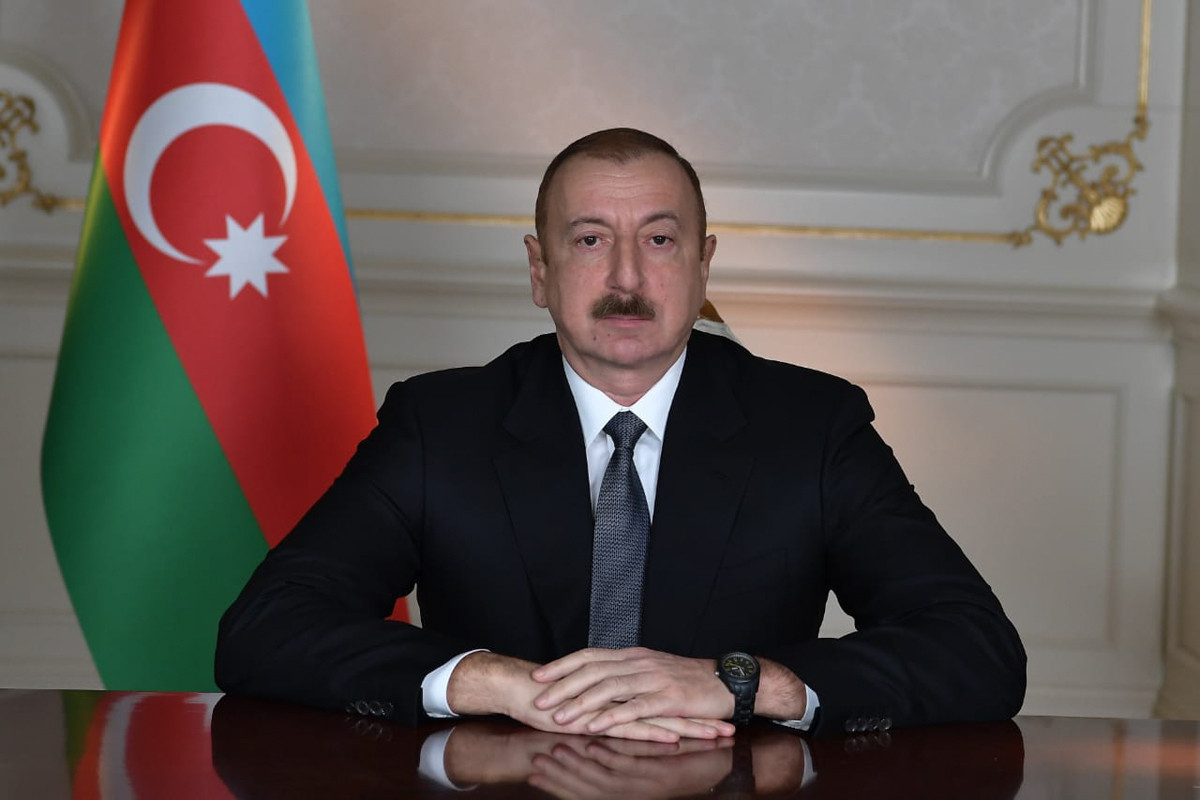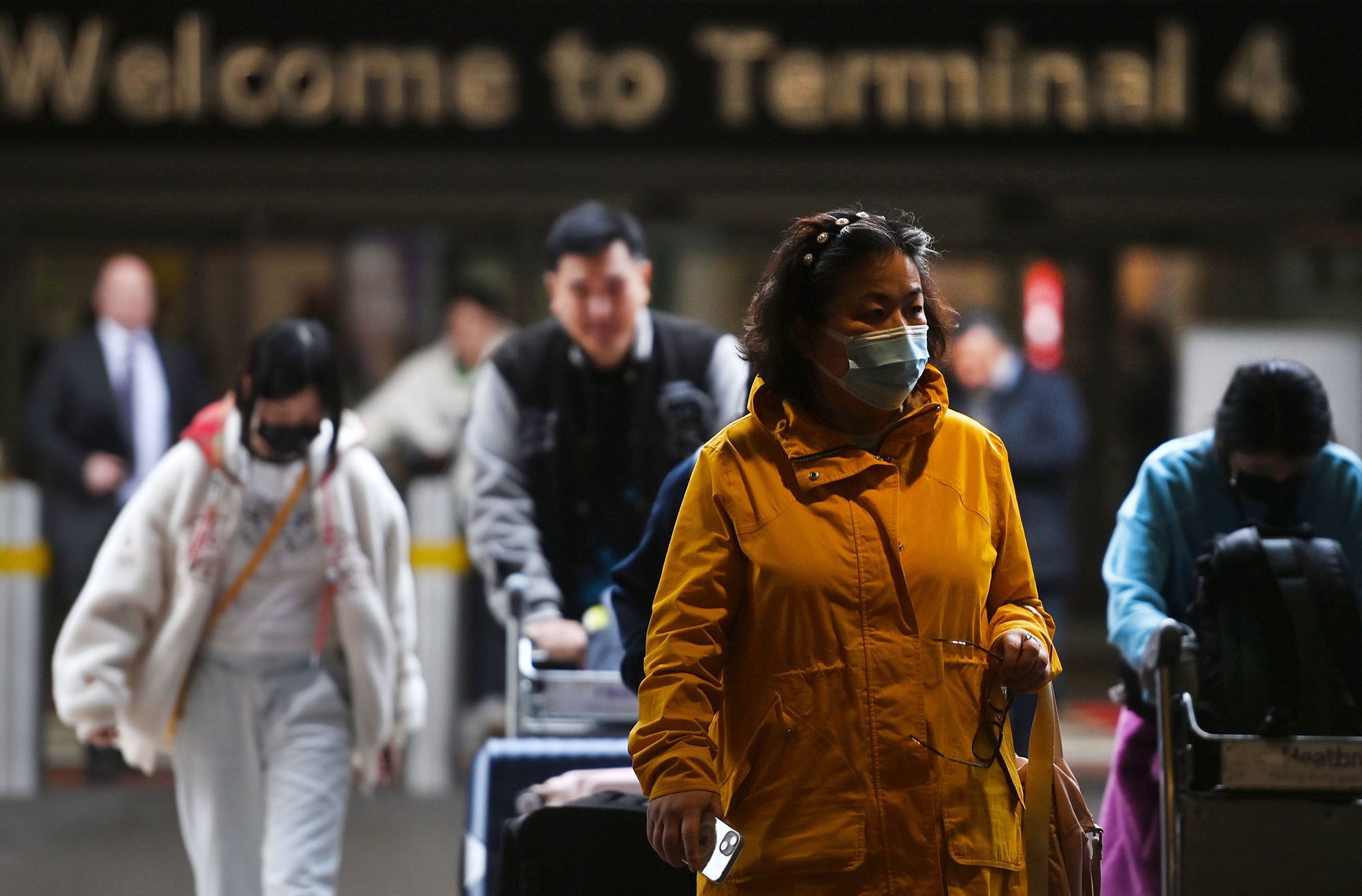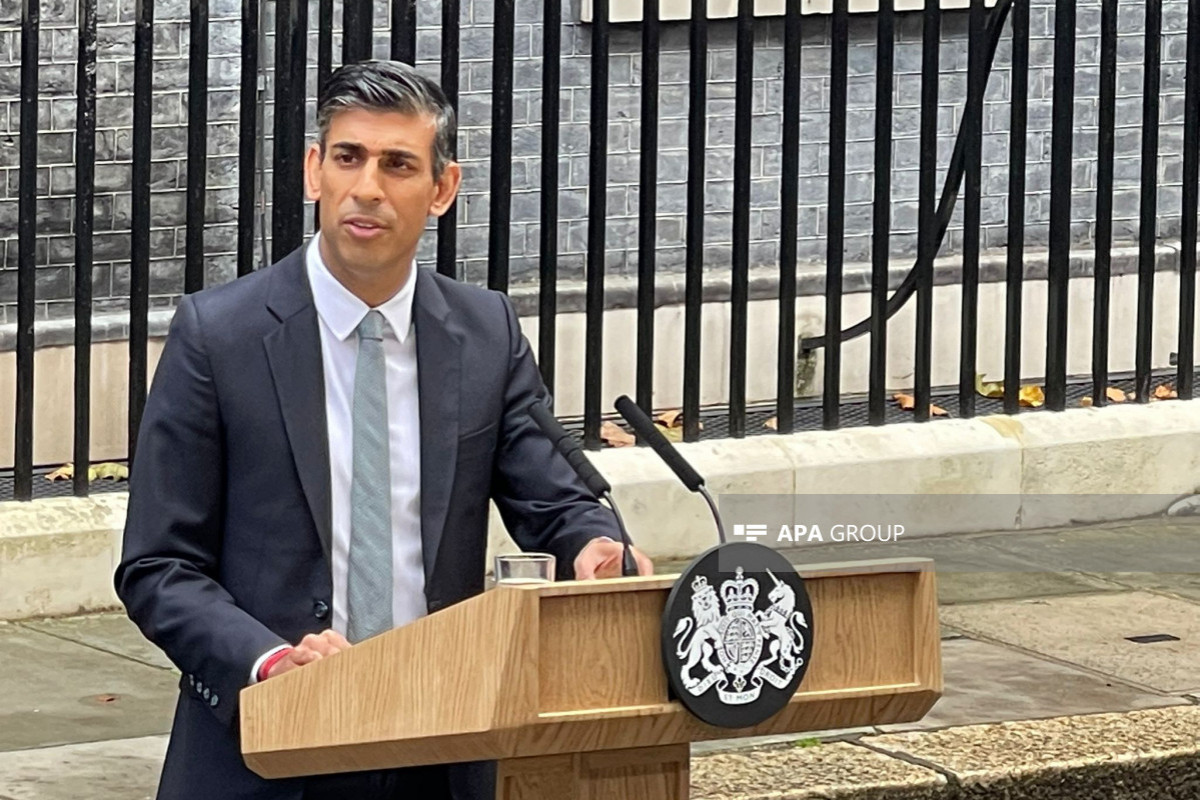Centrist maverick, who is expected in London next week, says France has lacked a true leader ever since the revolution
At a stadium rally in Lyon, Emmanuel Macron, the maverick centrist outsider who has become a leading contender in the French presidential race, lowered his normally fervent tone and looked earnestly out at the crowd. “I’m a child of provincial France,” he declared. “Nothing pre-destined me to be here today.”
If the French presidential race is often seen as a battle to elect a republican monarch, the enigmatic Macron’s life-story is crucial to his bid. The 39-year-old has never stood in any kind of election before and only three years ago was a complete unknown. He has staked his campaign on a personal crusade to reinvent what he calls the “vacuous” and failing French political system, while refusing to be defined by any fixed ideology.
Macron’s carefully crafted personal story is worthy of the florid, unpublished novels he wrote as a teenager. Born into a bourgeois family of doctors in the northern city of Amiens in the Somme, at 16 he began a relationship with his drama teacher who was 24 years older. Banished to Paris to stop their romance, he vowed he would one day return to marry her, and he did. “I make no concessions to conformism,” he likes to say — not just of his relationship, but of his political project.
After two years as economy minister under the unpopular Socialist president, François Hollande, Macron had the political instinct to seize on a mood of distrust and despair with the French political class in a fractured country marred by decades of mass unemployment and a new terrorist threat. In less than a year he built a movement, En Marche! (Forward), which he defines as “neither left nor right”. Economically liberal and pro-business, he is firmly on the left on social issues. But he hates the term centrist, preferring to call himself someone “of the left” open to ideas from the right.
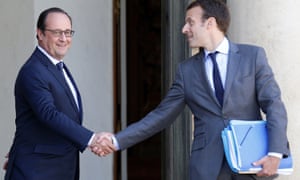
After once likening his rebellious streak to France’s 15th-century saint and saviour Joan of Arc, Macron’s premise is to side-step the old party machines and build a direct relationship with the French people. He believes that ever since King Louis XVI’s head was chopped off in the revolution, France has been trying to compensate for the lack of a true leader figure who could personify France. The postwar president General de Gaulle fitted the bill, he has argued, but since then, the increasingly “ordinary” characters who served as president have left a kind of “empty seat at the heart of political life”.
Macron’s quest to fill that void has seen critics accuse him of staggering presumptuousness. His political opponents call him a “guru”, and he himself has described politics as “mystic”. But his supporters are looking for a new type of pragmatic politics that can hold back the progress of the far-right Front National’s Marine Le Pen.
‘A genius for human relationships’
At the start-up-style headquarters of En Marche!, young volunteers sit on sofas working on laptops greeted occasionally by Macron coming down from his top-floor office to chat. Laurence Haïm, a former French TV correspondent in Washington who recently joined the team after covering Barack Obama’s early rise and Donald Trump, described Macron as “unbelievably down to earth”.
His childhod in Amiens, the northern Picardy city dominated by its Gothic cathedral, was a far cry from the working class red-brick terraces and factories. The eldest of three children from a family of hospital doctors – his father was a neurologist, his mother a paediatrician – Macron lived in a townhouse in a smart neighbourhood near a tennis club.
But his refuge was the flat of his grandmother Manette, where he went after school and at weekends. Manette’s mother, a cleaner, had been illiterate, and education had become a family obsession. Manette, who had worked as a headteacher, spent hours having her grandson read aloud. “After school, we’d drink hot chocolate and listen to Chopin,” he recalled. “His self-confidence comes from his grandmother,” said François-Xavier Bourmaud, Macron’s biographer. “She was a reformist socialist who coloured his political engagement very young.”
Macron went to a private Jesuit school in Amiens where he was top of the class, a prize-winning pianist and actor, who preferred the company of teachers. When talk began circulating of a relationship with Brigitte Trogneux, the French and Latin teacher who ran his theatre group, she was 40 and married with three children, the eldest of whom was not far off Macron’s age of 16.
He was sent away by his parents to a prestigious lycée in Paris, but the relationship continued and the pair married when he was 30. They are constantly together on the presidential campaign trail. Such is the fascination for their marriage that their frequent, carefully staged appearances on the cover of celebrity magazines always prompts a rise in sales.
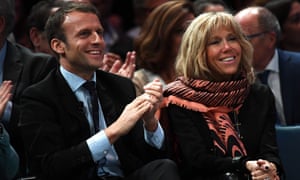
When a social media rumour grew — helped along by quips from certain political opponents — that Macron had a secret gay relationship, paparazzi searched but found no evidence it was true. The rumour had been dismissed by journalists as false, but Macron this month publicly raised it anyway, dismissing it on stage at a campaign team meeting. “It can’t be me; it must be my hologram,” he said.
At the prestigious Henri IV lycée in Paris, Macron was known for having the gift of the gab, said Jean-Baptiste de Froment, a classmate who was later an advisor to Nicolas Sarkozy and is now a Paris councillor for the right-wing party Les Républicains. Macron could stand at the blackboard and win over his audience in mathematics even if he didn’t actually have the solution to an equation, de Froment said. “What was already clear was that he was fascinated by networking and he was a genius at human relationships,” he added.
In French politics, where aloof arrogance has come to be seen as the norm, Macron’s devotion to the art of seduction stands out, even to his opponents. “His handshakes go on for ages,” said Bourmaud, his biographer. “He puts a hand on your arm and looks into your eyes. He listens to you, asks you questions and gives you the impression that the future of the world depends on what you’re saying. He makes everyone he meets feel important. On the ground, it’s quite rare to find a political personality that gives everyone the impression they’re intelligent. He has a lot of empathy.”
Of the left – but ‘not a Socialist’
Macron describes himself as a product of French meritocracy, but the elite graduate colleges that he rose up through remain a privileged microcosm. By his mid-20s he had joined the highest ranks of the senior civil service, after studying politics and philosophy — working on Hegel and Machiavelli. He attended the École National d’Administration, seen as a factory of the French elite.
He was on a civil service work placement at the French embassy in Lagos, Nigeria, when he watched on TV what he called “the defining political moment of my generation”: the far-right Front National’s Jean-Marie Le Pen reaching the final round of the presidential election in 2002. He feared, as he says now, that if mainstream political parties didn’t radically change, the far-right would progressively inch closer to power.
In 2006, Macron briefly joined the French Socialist party on the special cheap membership rates put in place before Ségolène Royal was chosen as presidential candidate. But he never renewed, and today says: “I am not a Socialist.” When the rightwing Sarkozy became president, Macron was appointed to help coordinate a commission to produce a pro-business road map for boosting growth and economic competition.
There he met the top tier of French industrialists, bankers, business leaders and trade union figures, building up one of the most extensive personal address books in Paris. “He had an unusual talent for behind-the-scenes diplomacy,” one commission member said, recalling how he privately bartered between the different political sensibilities on the board.
Macron left the civil service for the Rothschild investment bank, where his role was the art of persuasion and brokering deals. “You’re sort of a prostitute,” he later told the Wall Street Journal. “Seduction is the job.” His biggest deal was arranging Nestlé SA’s $11.8bn purchase of Pfizer Inc’s baby-food business, which made him €2.8m. He has since complained of being unable to shake off the “scarlet letter” of having been a banker in a nation where money can be a taboo.

‘What determines him is freedom’
“Money is not the final aim for him,” argued his close friend, the economist Marc Ferracci, who was his best man. “He doesn’t collect watches, he’s not into consumerism. The principal purpose of money for him is that it gives you freedom. The best way to understand Emmanuel Macron is to know that what determines him is freedom, liberty. When he left Amiens it was because he wanted to be free to live his relationship with Brigitte. When he was at Rothschild it was to have financial freedom. And later when he left his position as economy minister, it was to have a type of political freedom. That’s what guides his choices.”
Ever since their friendship in university days, when they gifted each other the novels of Émile Zola on their birthdays, he and Macron had talked about inequality in France, Ferracci said. “Poverty and inequality is something he wants to bring an answer to but not necessarily the traditional answer of the French left that is redistribution and benefits payments. I think he’s convinced that you fight poverty by giving opportunities rather than in giving money. Equal opportunities matter.”
While a banker, Macron was a behind the scenes economic adviser on the Socialist Hollande’s bid for the presidency – pushing a pro-business line. As president, Hollande made him deputy chief of staff, where he was a sherpa at international talks and during the eurozone crisis. But he became frustrated at what he saw as Hollande’s limited appetite for pro-market reform. He quit in 2014, hoping to launch a start-up and teach at the London School of Economics. But he was out cycling near his grandiose holiday villa in Le Touquet on the northern French coast when he got a surprise call from Hollande asking him to take over as economy minister.
Appointing Macron was a massive gamble. Hollande had just sacked a group of leftwing rebels for opposing his economically liberal shift. Bringing in an ex-banker who had never been elected was seen as the ultimate snub to the left. When Macron, who likes to debate with demonstrators in the street, convinced he can win over anyone in an argument, was caught on camera telling a protester, “the best way to afford a suit is to work”, it hardened leftwing dissent. And yet Macron swiftly became the most popular politician in France.
Hollande refusenik
It was Macron’s exasperation in government that led him to jump ship and launch a presidential bid. His showcase “Macron law” was a diverse package of liberalising and deregulatory measures – from Sunday opening hours to introducing competition on long distance bus routes – which seemed mild by most European standards but was always going to be difficult to get past rebel Socialist MPs.
After more than 200 hours of parliament debate and behind-the-scenes horse-trading with the opposition, Macron was convinced he could swing it. But the government instead decided to controversially ram through the law without a parliament vote by using a rare and controversial form of decree. Macron balked at what he felt was self-serving political party machines blocking any real discussion about change.
“He was wounded,” Ferracci said. “It was very clearly the start of his thinking about a political movement and trying to build a new political offering.”
Another point of dissent was Hollande’s response to the November 2015 Paris attacks that killed 130 people. The president’s knee-jerk reaction was to promise to change the constitution to strip French citizenship from dual-nationality citizens convicted of terrorism. That plan caused havoc on the left and right and Hollande was later forced to abandon it. Macron broke ranks, insisting the government would be better off trying to understand and deal with why French gunmen had killed French citizens. The prime minister Valls attacked Macron, saying “to explain was to excuse”.
Observers describe Macron as a man in a hurry. His rise since quitting the economy ministry last year has come on a run of staggering luck and circumstance. Hollande’s decision not to run again for office and the defeat of the moderate Alain Juppé in the right’s primary race opened up the centre ground. Next the rightwing favourite François Fillon was hit by scandal, allowing Macron to overtake him in the polls. When the leftwinger Benoît Hamon won the Socialist ticket, Macron could take a chunk of the centre left.
You make your own luck – Macron’s aides
But his deliberate flexibility on policy has been met with growing calls to spell out exactly what his “progressive vision” means. Macron doesn’t like what he sees as an age-old formula of setting out dozens of manifesto pledges that are later ignored in office, but he is under increasing pressure to spell out concrete proposals. Over the past year, he has shifted his views on the notion of the 35-hour week and the French wealth tax leading one old Paris contact to observe bitterly that he needs to “set out his convictions”.
Macron once observed that “what’s missing in politics today is a bit of the transcendence that literature and philosophy bring”. He has likened a leader’s role to being the nation’s “therapist” – listening to and explaining away the country’s woes. Last year he sent volunteer door-knockers out around France to listen and gather up testimony about what was wrong with France.
For now, he reads a least a few pages from essays, poems or graphic novels every day. He saves literary novels for weekends. “I need all those emotions,” he has said. “I don’t know how to live without them.”

